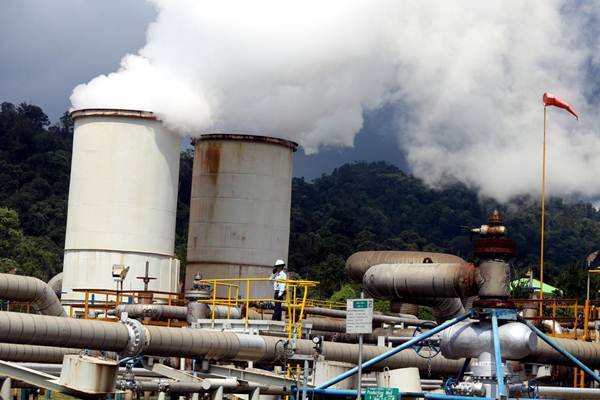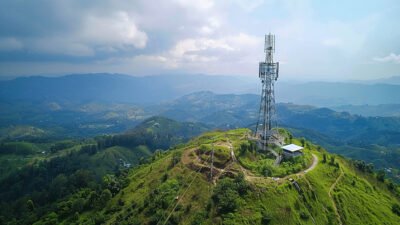Indonesia, one of the world’s top geothermal power producers, is taking a bold step to reduce its reliance on imports. In a strategic move to boost energy self-sufficiency, the government has announced plans to produce key geothermal power plant components domestically. This initiative not only supports local industry but also aligns with the nation’s long-term commitment to green energy and economic resilience.
🌋 Why Geothermal Matters to Indonesia
Indonesia sits atop the Pacific Ring of Fire, giving it access to vast geothermal resources. With a total estimated potential of over 28 GW, the country ranks second globally in geothermal energy capacity.
However, until now, a large portion of the components required to develop and maintain geothermal plants—such as steam turbines, condensers, heat exchangers, and control systems—have been imported from overseas, leading to high development costs and project delays.
By shifting to local production, the government aims to enhance the competitiveness of geothermal projects and accelerate progress toward its renewable energy targets.
🏭 The Push Toward Domestic Manufacturing
According to Indonesia’s Ministry of Industry and Ministry of Energy and Mineral Resources, local manufacturers already possess the technical capability to produce several components of geothermal power systems. Therefore, instead of relying on imports, the country is now looking to strengthen industrial partnerships and promote knowledge transfer between international and domestic firms.
Moreover, through investment incentives, tax breaks, and infrastructure support, the government hopes to attract more companies to develop geothermal component supply chains within Indonesia.
This move is part of a broader push to increase the local content requirement (TKDN) in renewable energy projects, which is expected to drive down costs and increase employment.
💼 Economic and Strategic Benefits
By producing geothermal components domestically, Indonesia stands to gain several key advantages:
- Reduced project costs by cutting shipping and import duties
- Job creation in manufacturing, engineering, and logistics
- Improved energy security through technological independence
- Faster project execution due to local availability of equipment
In the long run, this initiative could position Indonesia as a regional hub for geothermal technology manufacturing in Southeast Asia.
🚀 What’s Next?
To turn this vision into reality, the government will continue collaborating with stakeholders across the energy and industrial sectors. Pilot projects are expected to begin within the next year, with full-scale production targets aligned with the country’s 2030 renewable energy roadmap.
In addition, universities and research centers are being encouraged to develop specialized programs and training to supply the technical workforce required for this sector.
🌱 Conclusion: Local Innovation Fuels Global Impact
Indonesia’s decision to produce geothermal power plant components domestically is more than a cost-saving measure—it’s a step toward technological sovereignty and climate leadership. By reducing its dependence on imports, the country is not only building a stronger local economy but also accelerating the transition to a sustainable energy future.












